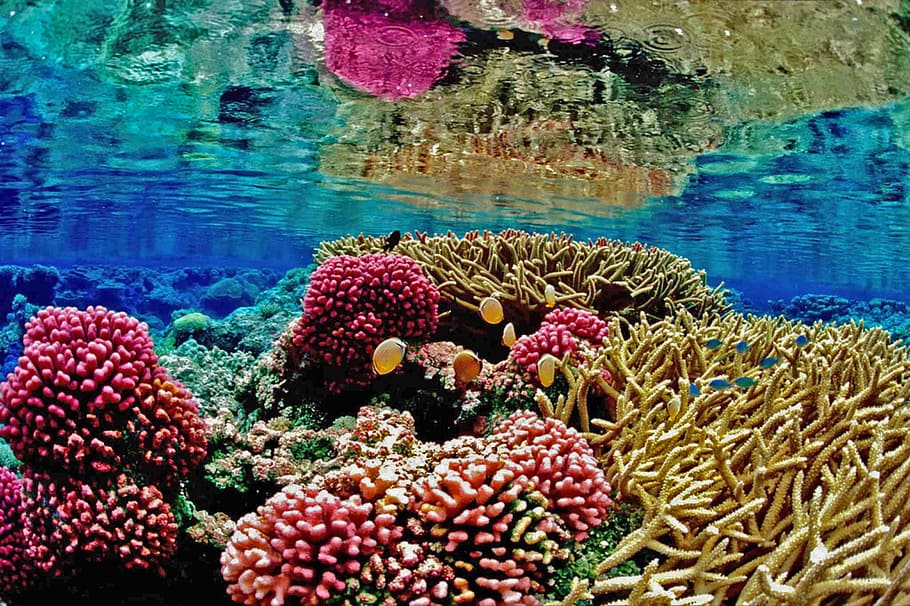While Australian government ministers are fighting hard against, there are increasing calls from Australian environmentalist groups for the great barrier reef to be added to the list of ecosystems in danger.

It is frankly insane that this is still a discussion. Of course the great barrier reef is in danger.
Indeed, it is endangered by a number of things
Firstly, the water is warming along with the planet. Coral reefs need a relatively stable and specific temperature, so this is increasingly damaging them.
Secondly, ocean acidification is increasing, due to the increasing amount of carbon in the atmosphere. This turns the water acidic, which in turn destroys corals.
As an indication of this, mass bleaching events occurred in 2016, 2017 and 2020. Bleaching events are a natural phenomena, but they are happening way more regularly than is natural, giving the coral reefs little or no time to recover between events. If any reef suffers these bleachings to regularly, it will die.
The Australian government is intent on stalling the listing, and demanding a new scientific study (as if that is needed, given the hundreds published each year).
A recent poll of 1000 Australians found 71% think the reef is in danger, and 77% agree that it should be listed on the in danger list.
Assuming that this is a fully reflective cross-section of Australian society, it is a bit odd that Australia keeps electing governments that are run by climate sceptics. A recent notable one was Scott Morrison, who ran the government. It is estimated that roughly 8% of Australian population are climate change sceptics, a number twice as high as most of the world.
Unfortunately, the Australian people keep returning a government which does not take its duty of care seriously. The Australian government keeps trying to find other people to blame for the damage that the reef is experiencing. Some suggest that this is a theme with the current government, who have tried to shift blame for the poor vaccine rollout, and the megafires in 2019, that they wont take responsibility but just look for some one else to point the finger at.
What is more funny (in a horrifying way) is that much of the data that the UN used, came from the Australian government technical and scientific reports.
A listing of an ecosystem being in danger is usually a reason for the government to knuckle down and make things better. Currently, the Australian government is intent on merely passing the buck.
We must hope, therefore, for a significant change in the Australian governments position so that it is in line with its own scientific positions, or a change in government. Given that the next Australian election is in 2022, we must hope that there is a change in leadership, making a willing partner in climate change mitigation and not the pariah that it is increasingly choosing to be











